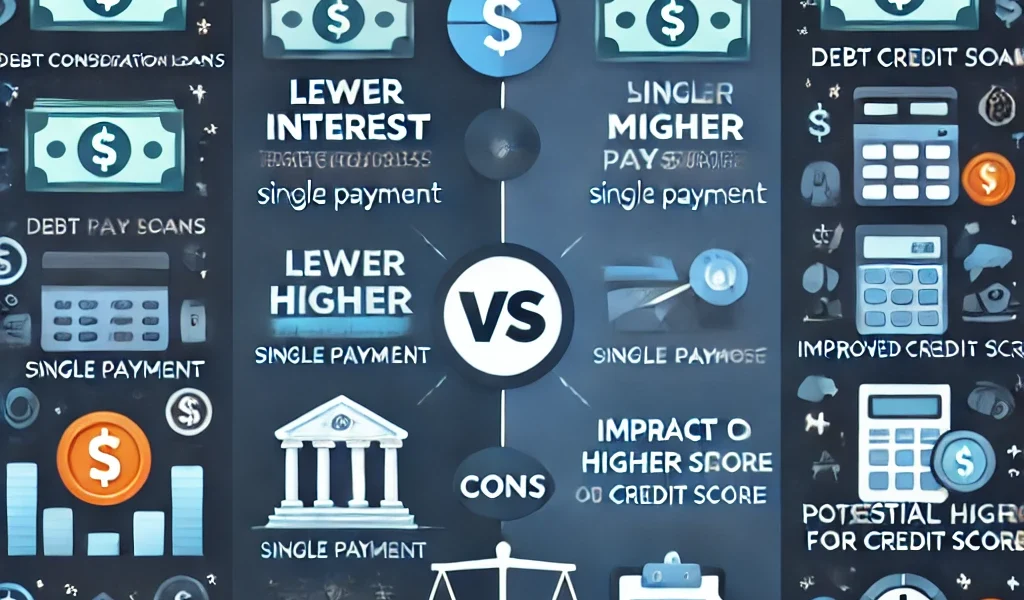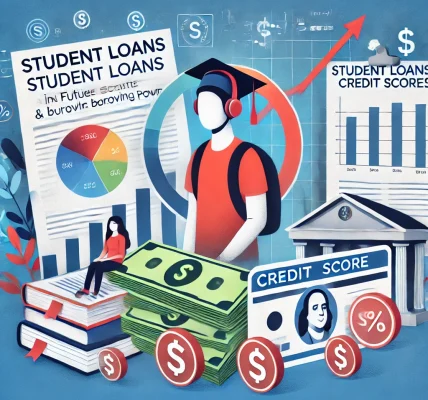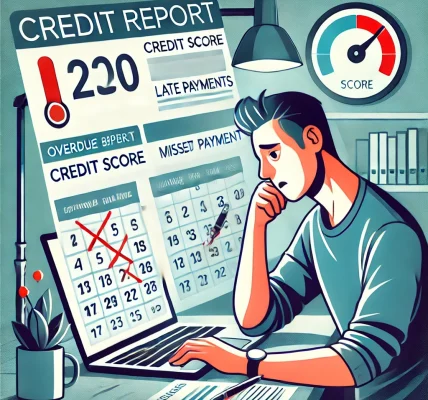Debt can be overwhelming, especially when you have multiple loans and credit card balances with high interest rates. A debt consolidation loan is one way to simplify your financial situation by combining multiple debts into a single loan with a fixed interest rate and one manageable monthly payment. But is it the right solution for you?
This DIY guide explores the pros and cons of debt consolidation loans, helping you determine whether this financial strategy aligns with your needs.
What is a Debt Consolidation Loan?
A debt consolidation loan is a personal loan used to pay off multiple debts. Instead of making multiple payments to different creditors, you make a single payment to the new loan provider.
Types of Debt Consolidation Loans:
- Unsecured Personal Loan – A fixed-rate loan with no collateral required.
- Home Equity Loan or HELOC – Uses your home as collateral for lower interest rates.
- Balance Transfer Credit Card – Transfers debt to a card with 0% introductory APR.
Debt consolidation loans are commonly used to pay off credit card debt, medical bills, personal loans, and payday loans.
Pros of Debt Consolidation Loans
1. Simplifies Debt Repayment
Instead of juggling multiple payments and due dates, a debt consolidation loan streamlines your payments into one monthly payment, reducing stress and the chance of missing due dates.
2. Lower Interest Rates
If you qualify for a lower interest rate than your current debts, you could save hundreds or even thousands of dollars over time. This is especially helpful for consolidating high-interest credit card debt.
3. Fixed Repayment Schedule
Unlike revolving credit, a debt consolidation loan has a fixed term (e.g., 3-7 years), meaning you’ll have a clear payoff date and a structured repayment plan.
4. Can Improve Your Credit Score
- Making on-time payments helps build positive payment history.
- Reducing credit card balances lowers your credit utilization ratio, which boosts your credit score.
- A diversified mix of credit types can also help your credit profile.
5. Reduces Monthly Payments
By extending your loan term, you may lower your monthly payment, making it easier to manage your budget.
Cons of Debt Consolidation Loans
1. You Might End Up Paying More in Interest
Even with a lower monthly payment, a longer repayment term could result in paying more interest over the life of the loan.
2. Requires Good Credit for Best Rates
To qualify for a low-interest debt consolidation loan, you typically need a good credit score (670+). If your credit score is low, you may receive higher interest rates, making the loan less beneficial.
3. Potential for Secured Debt Risk
- If you use a home equity loan or HELOC, your home serves as collateral. If you default, you risk losing your home.
- Some lenders require collateral for personal loans, adding risk to your financial situation.
4. Doesn’t Address Root Cause of Debt
A debt consolidation loan doesn’t fix poor financial habits. If overspending and lack of budgeting caused your debt, you might end up accumulating new debt after consolidation.
5. Origination Fees and Other Costs
Some lenders charge origination fees, prepayment penalties, or balance transfer fees, increasing the total cost of consolidation.
Is a Debt Consolidation Loan Right for You?
✅ It’s a Good Idea If:
- You qualify for a lower interest rate than your current debts.
- You have good credit and can secure favorable loan terms.
- You struggle to manage multiple payments and want a simplified repayment plan.
- You’re committed to not accumulating more debt after consolidation.
❌ It’s Not a Good Idea If:
- You have a low credit score, leading to higher interest rates.
- You don’t plan to change spending habits, risking future debt.
- You’re close to paying off your debts and don’t need a new loan.
Alternatives to Debt Consolidation Loans
If a debt consolidation loan isn’t the right fit, consider these alternatives:
1. Debt Snowball or Debt Avalanche Method
Instead of taking a loan, pay off debts using these repayment strategies:
- Debt Snowball – Pay off smallest debts first for quick wins.
- Debt Avalanche – Pay off highest interest debt first to save money.
2. Credit Counseling Services
A nonprofit credit counselor can help you create a Debt Management Plan (DMP) with lower interest rates and structured payments.
3. Balance Transfer Credit Cards
If you have good credit, a 0% APR balance transfer card can help consolidate credit card debt with no interest for a limited period.
4. Negotiating with Creditors
Call your creditors directly to ask for lower interest rates or hardship plans before considering a consolidation loan.
Final Thoughts: Should You Consolidate Your Debt?
Debt consolidation loans can be a powerful tool to manage debt, lower interest rates, and simplify payments. However, they are not a one-size-fits-all solution.
Before applying, ask yourself: ✅ Will I save money on interest? ✅ Can I commit to on-time payments? ✅ Am I ready to avoid new debt?




